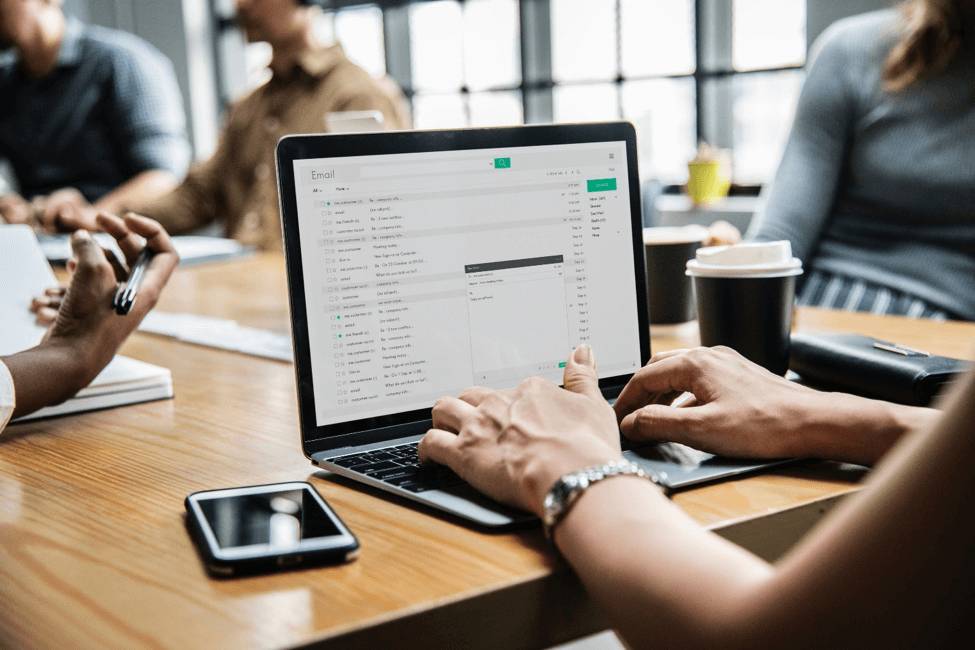Welcome, please enter your details below.
15 Nov 2022
Invoicing made easy with eInvoicing
If you have been keeping an eye on announcements coming out of MBIE then you have no doubt heard a bit of noise recently about eInvoicing. What is all the fuss about, isn't it just emailing invoices? The short answer is NO. While it is common practice for companies to generate invoices and send them to customers to document transactions there is a growing trend to move to more efficient ways of processing invoices for the B2B marketplace. The NZ Government has sought ways to create efficiency and speed up the receivables and payables processes in the business-to-business market (B2B). The eInvoicing system simplifies PDF invoicing for businesses; read on to learn more about eInvoicing and how it can offer better accuracy and security.
eInvoicing - a new way of invoicing
The electronic exchange of invoice information between buyers' and suppliers' financial systems is called eInvoicing. eInvoicing eliminates the need to print, post, or email paper-based or PDF invoices, and buyers no longer have to enter these into their accounting systems manually. It improves accuracy and security, reduces process time, and speeds up payments.
What are the benefits of eInvoicing?
Adopting eInvoicing into your businesses can have the following benefits:
- Faster payment and improved cash flow
- Reduced admin
- Reduced processing costs
- Direct and secure information
- Universal connection
- Improved financial visibility
- Available to any business
- Improving our economy
How does eInvoicing work?
Invoicing via eInvoicing is the digital exchange of invoice information (data) between buyers and suppliers. Senders of eInvoices do not need to generate PDFs or emails, nor do they have to enter data manually. Different systems communicate with each other using an international standard called Peppol. This ensures sure smooth, secure, and validated transactions between different systems, markets, and geographies through an eInvoicing network.
Step 1: A supplier’s financial system generates an invoice for the buyer.
Step 2: The invoice information passes through the eInvoicing network, validating information like their NZ Business Number (NZBN).
Step 3: Upon receipt of the invoice information, the buyer's financial system reconciles it with the purchase details and is ready for payment. (The NZBN ensures the eInvoice is directed to the right buyer.)
Electronic invoices provide a low-touch, error-free process that cannot be achieved by emailing PDFs or scanning paper invoices. Businesses and government agencies of all sizes and systems can use eInvoicing and benefit from it. Businesses often use 'in-house' systems to access the eInvoicing framework. Xero or MYOB, for example, provide eInvoicing capabilities to smaller companies.
Introducing C9 eInvoicing
Cumulo9 has developed an eInvoicing solution powered by C9 Transact that is approved and endorsed by MBIE as an office “eInvoicing ready” software product. C9 eInvoicing can easily translate any data feed from large-volume billers (utilities, telcos, insurance, finance, etc.) into Peppol transactions. Working with our partner ValtaTech (Procure to Pay specialists), who, like Cumulo9, is an MBIE and ATO accredited Access Point Provider; these transactions are securely sent to the receiver. Access point providers provide secure gateways to connect billing businesses via the eInvoicing network to their buyers/bill payers.
What do I need to do as a biller (supplier) or bill payer (buyer)?
To start with you should speak to your existing AP/AR software providers and also take a look at the MBIE website to find a host of information. As a biller, you must incorporate your NZ Business Number (NZBN) in your financial transactions. If you are a buyer, you should talk to your suppliers about becoming eInvoice ready.
Do you want faster and improved cash flow? Contact our team today to learn more about C9 eInvoicing powered by C9 Transact, and what it can do to help your business.





